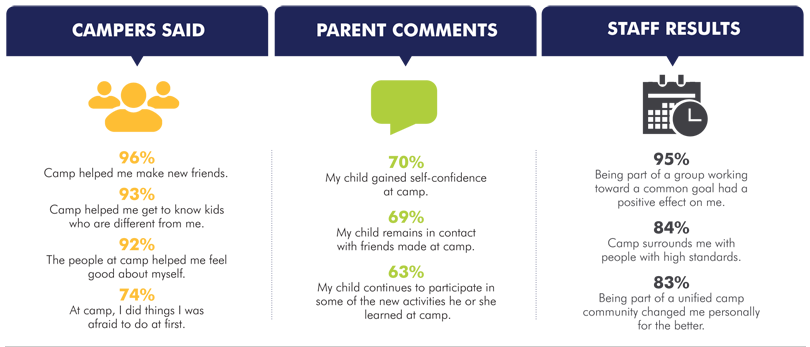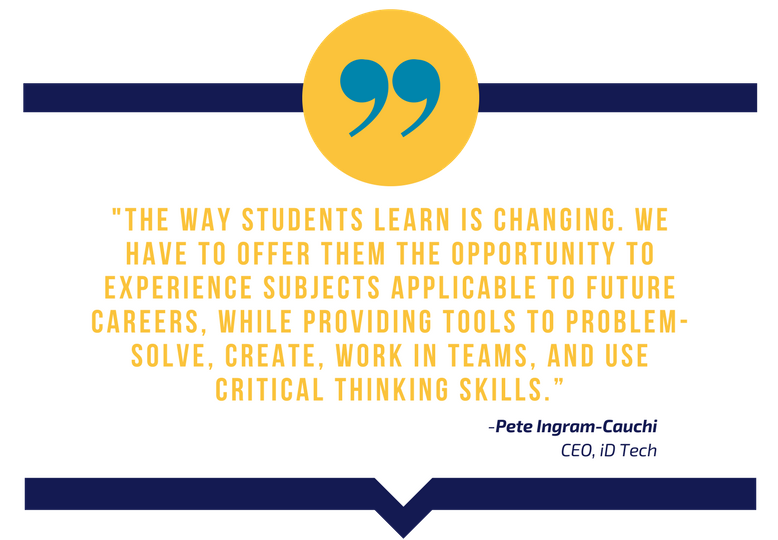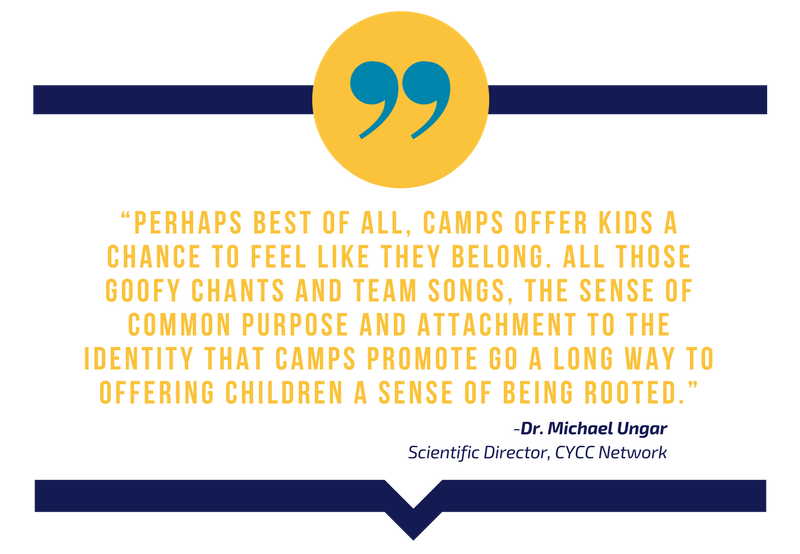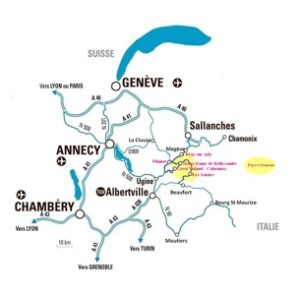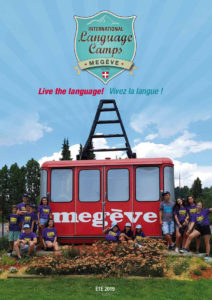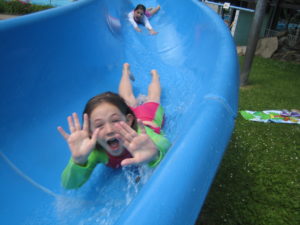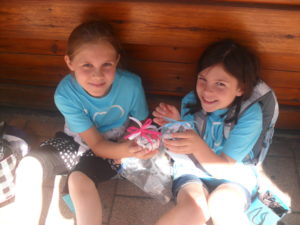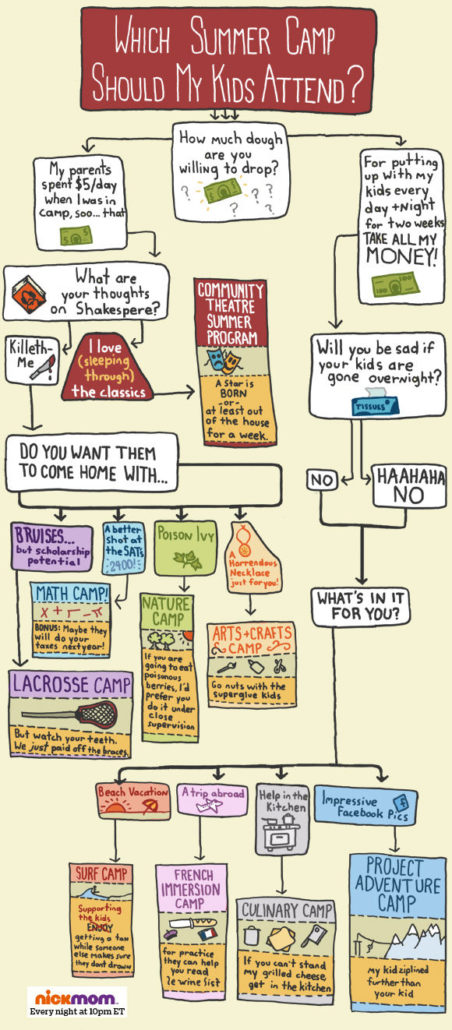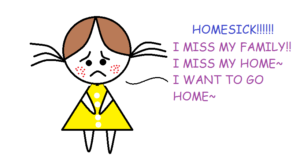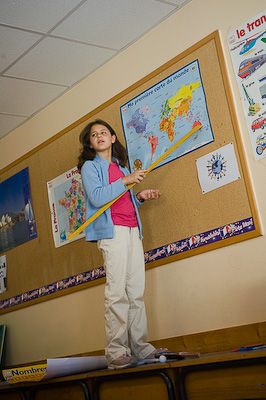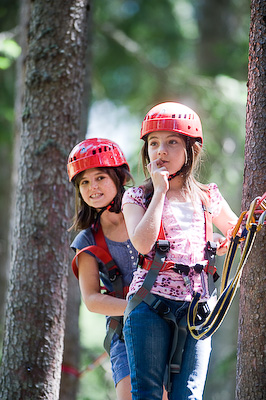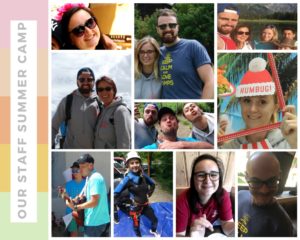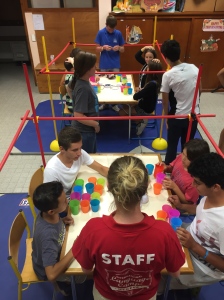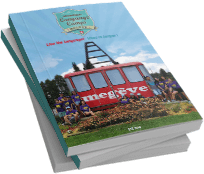The long summer break from school that is commonplace in most countries provides both problems and opportunities for parents who are concerned about how their children can make the best use of their time.
In today’s society a lot of families have both parents working. This means they will not be able to take the equivalent amount of time off work that their children have off school. As people also move further from their original home for their careers they do not always have access to an extended family system to help in these situations.
When faced with logistical problems such as these then a summer camp is one of the options open to the family, although the prices of camps vary widely so it may not be the optimal solution financially. For this reason it is important to consider carefully what benefit for your family and your children you would like to derive from a camp.
During the summer break a lot of families also look at this period with a view to improving some aspect of their children’s life or education. Camps now provide a multitude of programme variations and so, depending on the interests of your children, they may have a chance to improve their sporting, artistic or language abilities. This can be hugely beneficial to your children as they get the opportunity to grow and learn during their holiday time.
Activity and language camps such as those available at our Summer Camp always provide the opportunity for a real and positive life experience for their students. Camps in general have a very important role to play in children’s development and I would say that this is even more relevant today than in the past.
Why are camps so relevant and vital in today’s, often hectic, lifestyle?
For camps providing an educational component such as language learning, computers etc., one of the main advantages is that they are not constricted by a particular curriculum or the need to prepare for specific exams.
In our Summer language programmes in particular, we have found that the same problems present themselves with students from all over the world. In school, students get to focus a lot on grammar, writing and translation in their foreign language learning, but almost all have a minimum amount of time and practice at speaking. We found out, many years ago, that providing the same language instruction as students received at school, during their summer break often just switched them off so we had to re-think our approach.
We decided that our role should be to instill a passion for the language by showing students how amazing it is to communicate in another language. We therefore changed our method to spend a maximum amount of time working orally with the students and also putting them in situations where they had to interact using their new language skills. This takes the students out of their comfort zones but forces them to quickly develop new methods and systems to improve their communication. The results over the last ten to fifteen years have been very positive.
Taking children out of their comfort zone is something that all camps can achieve and they can do this in a positive way.
On residential camps students must cope with daily life – looking after their own belongings, getting themselves organized for classes or activities, looking after their pocket money etc., which encourages them to take a more mature outlook on life. They must also learn to communicate, often in different languages and to meet children from other countries and other cultures and which helps them to understand more about how the world outside of their own experience works.
One of the best aspects of camps is the interaction which takes place right here, right now, face to face!! In camps we have many other activities to take our students interest away from their phones, ipads and computers.
Face to face communication skills are vital to the wellbeing of our children but something that the next generation are doing less and less as our use of technology grows. Camps provide an opportunity to take a step back from constant use of technology and to learn and experience different vital skills as well as the inevitable keypad or touchscreen.
For any well run summer school or camp, the staff are an extremely important aspect of the overall experience. As we stress to our staff throughout our training programmes – this is the biggest responsibility they will ever have, as they will potentially have a huge impact on the outlook and possibly future of a young person. A good staff member can be a very positive role model for the children they work with at camp so that is what we look for when we are hiring.
Our staff are young, qualified, energetic, enthusiastic and dedicated to working with young people. They provide them with a fun, vibrant and safe atmosphere, where they feel comfortable meeting new people and having new experiences. They conform to the highest standards in order to show our students how important it is to be active and enthusiastic in life.
Since 1996, International Language Camps has been running camps for children and teenagers and we truly believe that a camp provides a unique growth opportunity for your child. It provides a secure environment where they can start to take their first independent steps away from family and school, where they can look at the bigger picture in terms of the world they live in, where they can learn to look after themselves and connect with others. All of this can be achieved while they are still being closely looked after and supervised in order to ensure their safety and well-being.
Find out more about International language Camps at www.internationallanguagecamps.com



